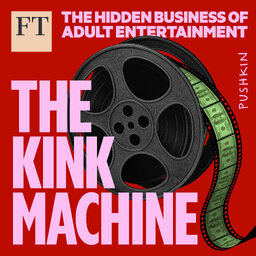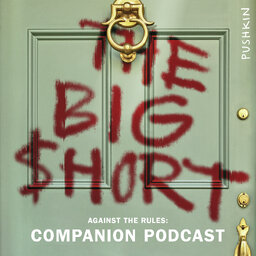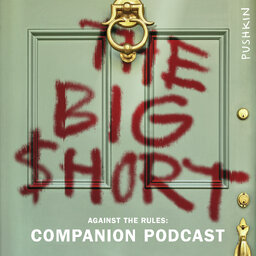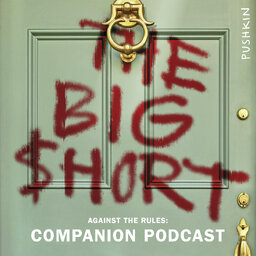Episode 2: The Art of the Untold Story
Why can’t we see the experts right in front of us, even when they're saving our lives? Maybe it's because the specialized knowledge of many experts defies good storytelling. We hear from a nonprofit trying to elevate the esoteric work of government experts, and we hear from one of their nominees. His work has changed the survival prospects for many lost at sea, but even those survivors have never heard his name.
If you’d like to keep up with the most recent news from this and other Pushkin podcasts be sure to sign up for our email list at Pushkin.fm.
Learn more about your ad-choices at https://www.iheartpodcastnetwork.com
In 1 playlist(s)
Against the Rules: The Big Short Companion
Michael Lewis’s best-selling book The Big Short is now 15 years old. The Oscar-winning movie based o…Social links
Follow podcast
Recent clips

From The Kink Machine: The Hidden Business of Pleasure
31:30

Live with Nicolle Wallace
40:31

Michael Burry Speaks
36:22
 Against the Rules: The Big Short Companion
Against the Rules: The Big Short Companion